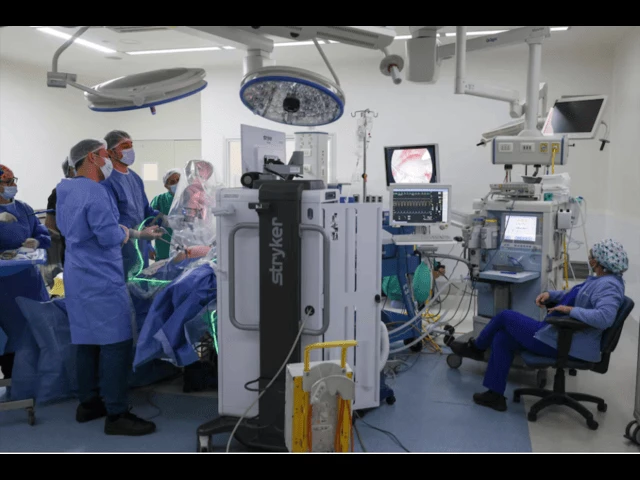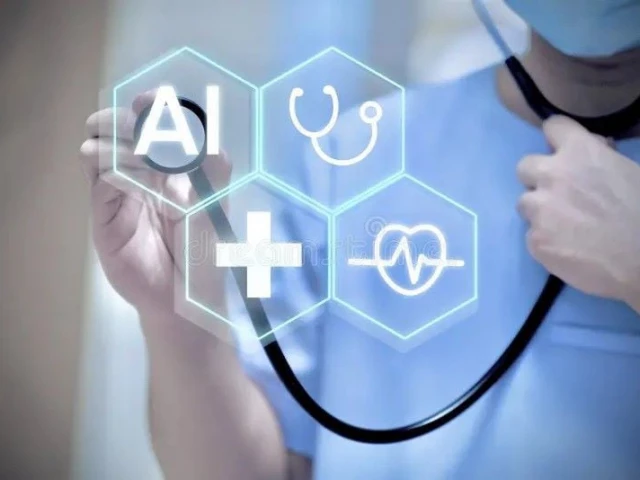The Future of Surgery: AI’s Revolutionary Role in Healthcare
Imagine a world where surgeries are performed with the precision of a robot, allowing surgeons to focus on their craft without the added pressure of handling instruments. Well, that future is slowly becoming a reality. Recently, Ricardo Funke, the chief of surgery at Clinica Las Condes in Santiago, Chile, completed a gallbladder removal using a remarkable autonomous AI-guided camera. This breakthrough not only highlights the incredible advancements in technology but also showcases the potential of AI in the medical field.
During the laparoscopic surgery, the autonomous camera tracked Funke’s movements, adjusting angles in real time and providing unparalleled assistance. “The camera was following me wherever I moved my hands, and the whole process was excellent,” Funke shared with Reuters. This innovation lets surgeons operate more freely and efficiently, essentially performing surgeries alone with the help of intelligent technology.
The enthusiasm doesn’t stop there. Across the globe, universities, research centers, and businesses are investing in AI-assisted surgical tools. According to Precedence Research, the global surgical robot market was valued at approximately $15.6 billion in 2024 and is projected to skyrocket to about $64.4 billion by 2034. That’s a staggering growth indicating just how crucial automation will become in healthcare.
In fact, just last July, researchers from Johns Hopkins University reported on an AI-guided robot that successfully performed surgery on pig livers and gallbladders. Their findings signal a significant leap toward fully automated surgical procedures. "This is the first step in surgical automation with a real patient in the operating room," stated Alberto Rodriguez, the CEO of Levita Magnetics, which contributed technology for the recent surgery in Chile. He continued, “This shows that AI can enhance a surgeon’s capabilities.”
As these technologies evolve, they promise to improve patient outcomes significantly. The increased precision offered by AI can lead to shorter surgeries, reduced recovery times, and overall enhanced levels of safety for patients.
So, what does all this mean for us? As technology continues to advance, patients can expect more efficient and effective care. This revolutionary shift in surgery could even mean less stress for healthcare providers, allowing them to channel their expertise where it matters most.
For those looking to stay connected to the forefront of medical innovation, consider exploring resources that focus on these exciting advancements. A great place to start is Pro21st, where you can delve into more information about technological progress in the medical field and beyond. Embrace the future of healthcare, as we continue to combine human skill with the brilliance of AI.





